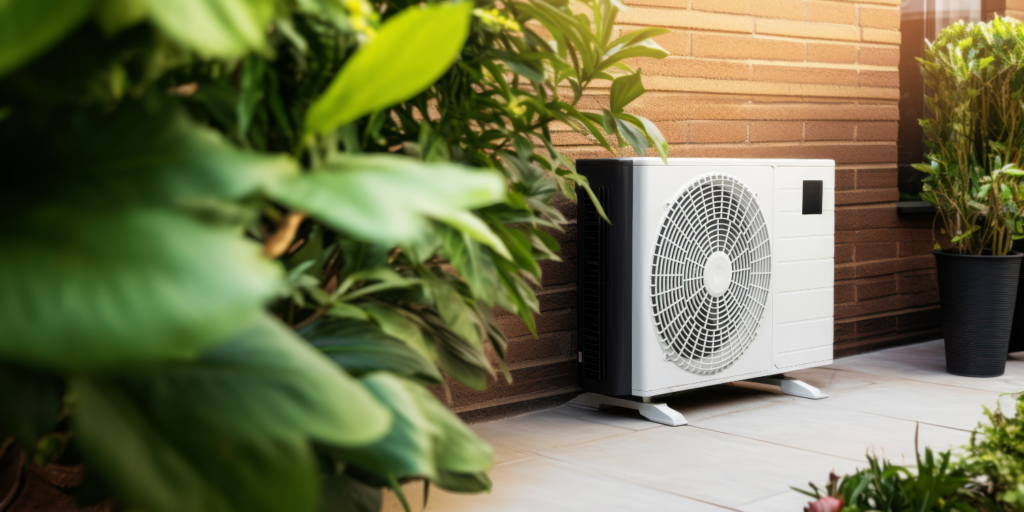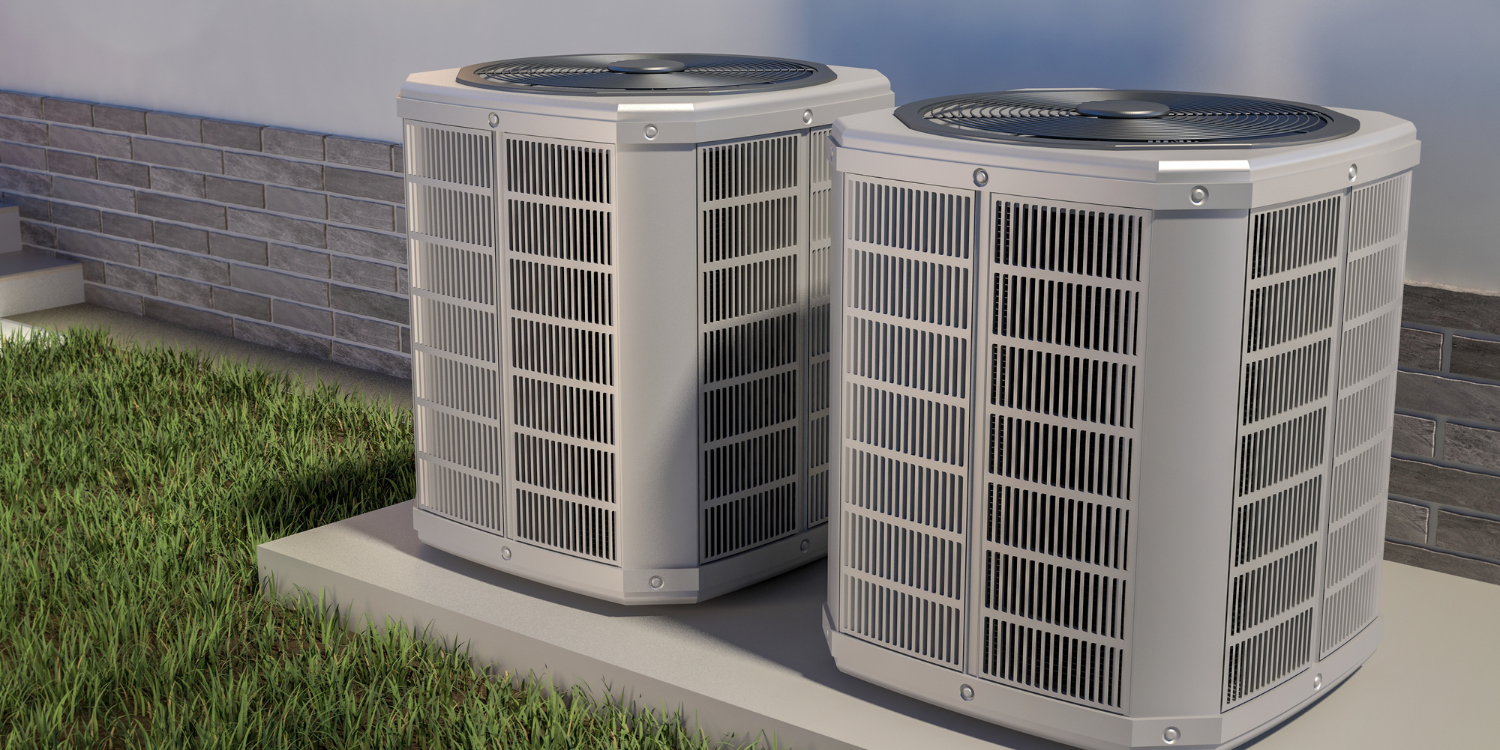
When it comes to selecting the ideal central cooling system for your home, the decision often boils down to central heat pumps versus central air conditioners. Both options offer distinct advantages and can significantly impact your home's comfort and energy efficiency. This guide aims to address common questions and considerations, helping you make an informed choice that aligns with your needs, climate, and budget.
Let's explore the differences and find out which system—central heat pump or air conditioner—is the best fit for your home.
Central heat pumps and air conditioners differ primarily in their overall functionality. While both can cool your home, heat pumps can reverse their operation to provide heating as well, making them versatile for year-round comfort. Air conditioners, on the other hand, are solely designed to cool your home, requiring a separate heating system for colder months.
Central heat pumps work by transferring heat from the outside air into your home during winter and vice versa in summer. Unlike standalone units that might heat or cool individual rooms, central heat pumps distribute conditioned/heated air throughout the entire house via a network of ducts. This centralized operation not only makes them efficient for heating and cooling the entire home but also allows for a seamless integration with existing HVAC systems.
Central air conditioners are designed solely for cooling. They work by taking indoor air, cooling it by passing it over a cold evaporator coil filled with refrigerant, and then recirculating the cooled air throughout your home via ductwork. The heat absorbed from the indoor air is expelled outside through the condenser unit.
Central heat pumps, on the other hand, use a reversible refrigeration cycle that can provide both cooling and heating. In the cooling mode, a heat pump operates just like an air conditioner, absorbing indoor heat and expelling it outside.
In colder climates, pairing a central air conditioner with a furnace may be a better choice for homeowners who already have a furnace installed. This combination provides efficient cooling during hot months and powerful heating in the winter. This option may be more cost-effective, too, since a heat pump may cost more upfront than a central AC unit.
The local climate must be a factor in your decision; heat pumps are most efficient in areas with mild to moderate winters. In contrast, central air conditioners are ideal for regions with hot summers. For extremely cold climates, supplemental heating might be necessary with a heat pump.
While modern heat pumps are increasingly efficient in colder climates, their performance can diminish as temperatures drop significantly below freezing. In such cases, supplemental heating solutions are recommended to ensure optimal comfort and efficiency. If you hope to use your heat pump for heating, consider installing a hybrid system.
Both modern AC and heat pump units are manufactured according to strict guidelines. Energy efficiency ratings, such as SEER and SEER2 for cooling and HSPF for heating, can help gauge a system's efficiency.
Installation costs and complexity can vary, but heat pumps may be more expensive upfront due to their dual function. That said, the long-term savings on energy bills and potential rebates can offset the initial investment. The complexity of installation depends on the existing HVAC system and the specific requirements of the new system.

Both systems require regular maintenance, such as filter changes and annual check-ups, to operate efficiently. However, because heat pumps are used year-round, they may require more frequent maintenance to ensure optimal performance.
A smart thermostat, such as the Ecobee Smart Thermostat, can significantly enhance system performance by learning your preferences and adjusting settings for optimal comfort and efficiency. Its smart features allow for detailed scheduling and remote control, ensuring your HVAC system operates efficiently, saving energy and reducing costs.
Homeowners should consider their climate, the energy efficiency of the new system, potential rebates, and whether their current ductwork is compatible. They should also evaluate whether they will benefit from adding a new heating system to their home. Consulting with a professional like Appleby Systems can help determine the best option based on specific needs and home characteristics.
Choosing the right HVAC system can significantly impact your home's comfort and energy efficiency. Whether you're leaning towards a central heat pump or air conditioner, Appleby Systems is here to provide expert advice and installation services tailored to your needs. Contact us today for a personalized consultation and take the first step towards optimizing your home's indoor comfort.
